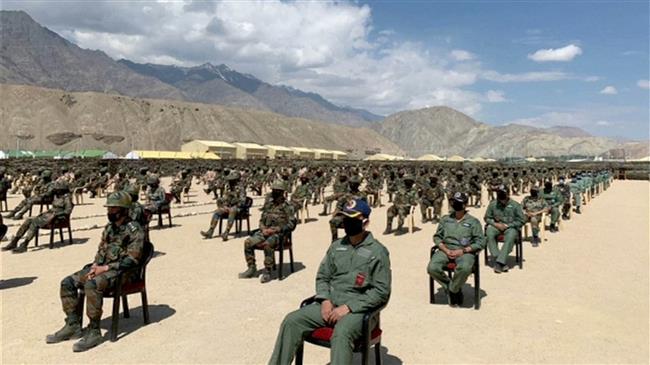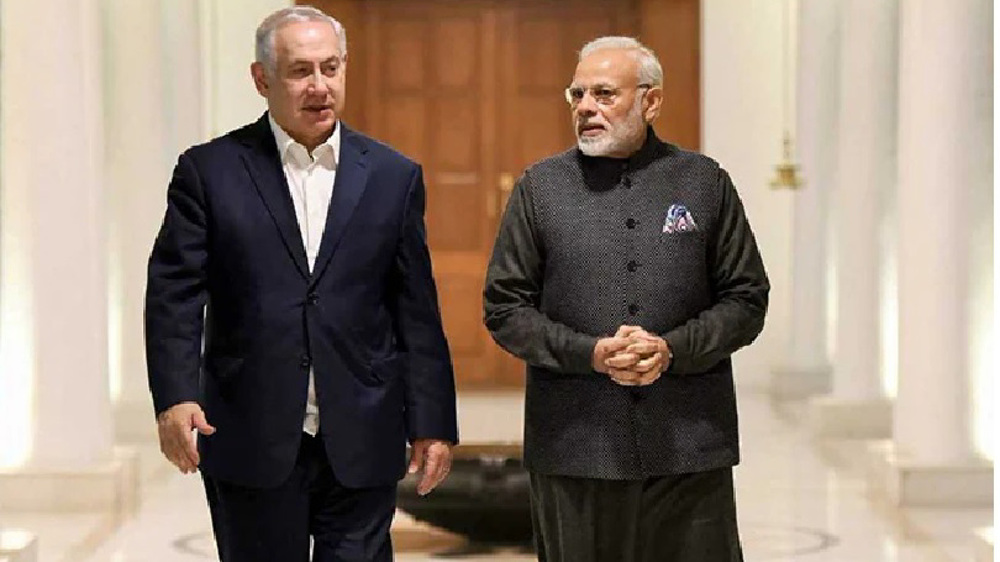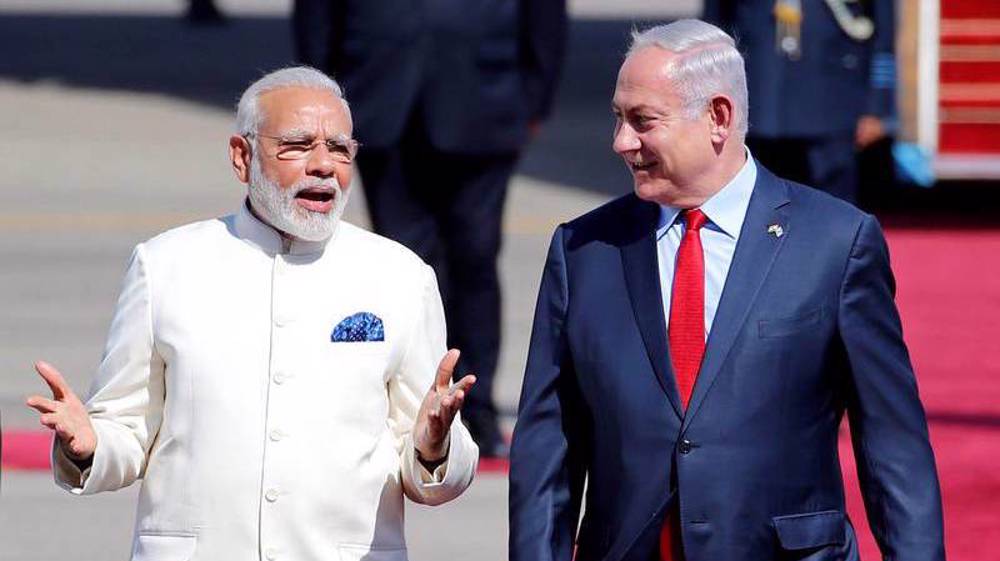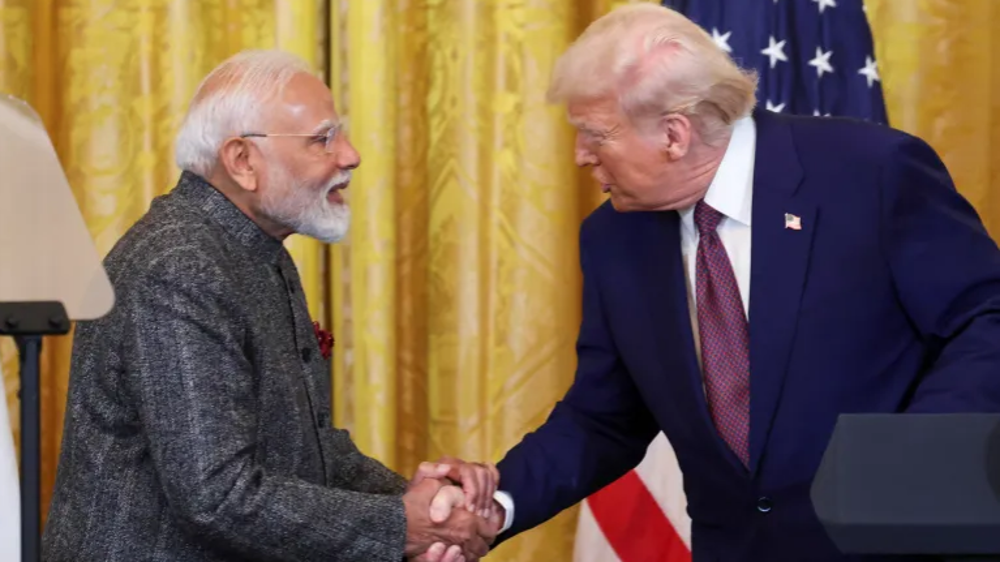India, China agree on ‘complete disengagement of troops' from border region
India and China have agreed on a fast withdrawal of troops from across a disputed border area in the western Himalayas that was the scene of a deadly clash last month.
The Indian Foreign Ministry announced on Friday that the diplomats from both sides had reviewed in a virtual meeting the progress made so far in ending a standoff in the Line of Actual Control (LAC) frontier in the northern Himalayan region of Ladakh that divides India-China's long joint border.
Last month, twenty Indian soldiers were killed in a fighting in the Galwan Valley, a precipitous and rocky border area that lies between China’s Tibet and India’s Ladakh regions. There were no confirmed reports of Chinese casualties, with each side blaming the other for breaching the border and the subsequent incident.
The clash was the first such deadly fighting between the two nuclear-armed neighbors on the disputed border since 1967.
In its statement, the Indian Foreign Ministry said both sides had agreed on “early and complete disengagement” of troops on the control line and de-escalation of border areas to ensure the restoration of peace and smooth relations.
"They agreed that early and complete disengagement of the troops along the Line of Actual Control (LAC) and de-escalation from India-China border areas in accordance with bilateral agreement and protocols and full restoration of peace and tranquility was essential for the smooth overall development of bilateral relations."
The two countries’ top military commanders were also to meet again soon to ensure complete disengagement “expeditiously,” it added.
"The two sides agreed that another meeting of the senior commanders may be held soon so as to work out further steps to ensure expeditiously complete disengagement and de-escalation and restoration of peace and tranquility in the border areas."
India and China have held several rounds of talks so far to restore calm and also reduced the numbers of their troops in the disputed area, while still pouring reinforcements into the region.
The LAC frontier was established after a war in 1962, but it remains poorly defined and has been the scene of sporadic clashes over the decades, without leading to cross-border firing.
VIDEO | Gaza bakery supports displaced families ahead of Ramadan Iftar
France blocks US ambassador from ministerial meetings after summons no-show
Around 20 govts. warn Israel secretly annexing West Bank
Iran pursuing broader cooperation with African nations: Pezeshkian
Israeli minister threatens to seize entire Gaza if Hamas refuses to disarm
VIDEO | Gaza teacher starts ‘Little Wings’ initiative to bring joy to kids
Spanish FM urges firmer EU stance on Gaza crisis, West Bank settlement expansion
Israel ‘serious obstacle’ to nuke-free West Asia: Iranian diplomat












 This makes it easy to access the Press TV website
This makes it easy to access the Press TV website